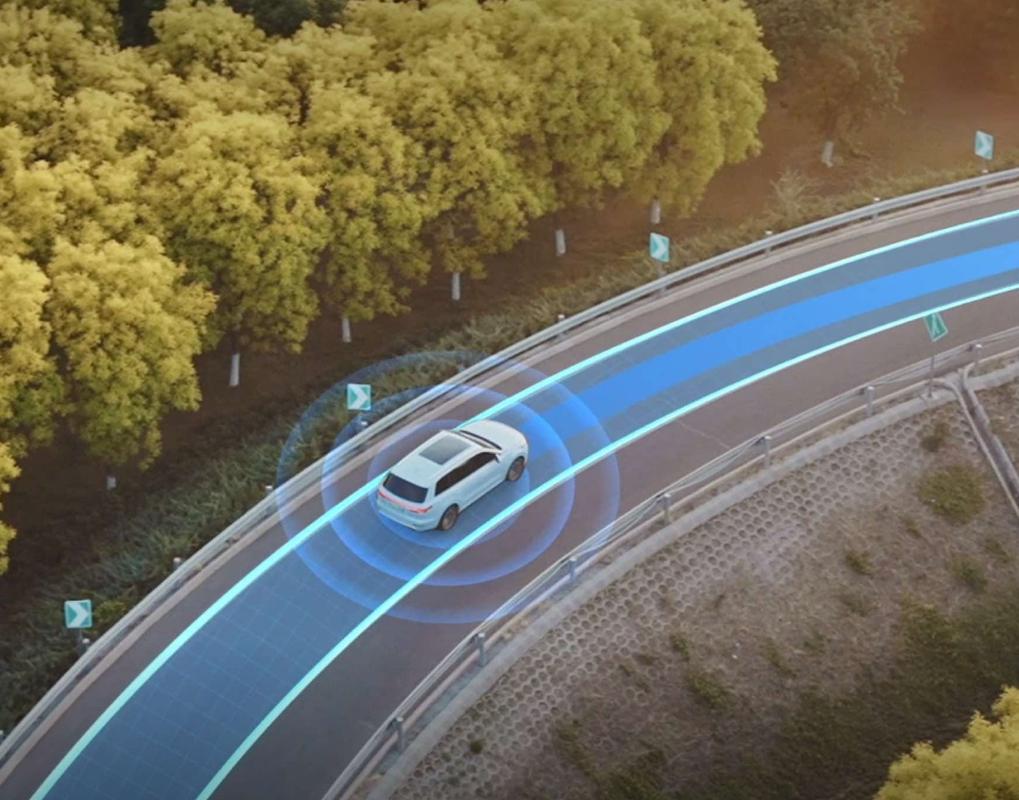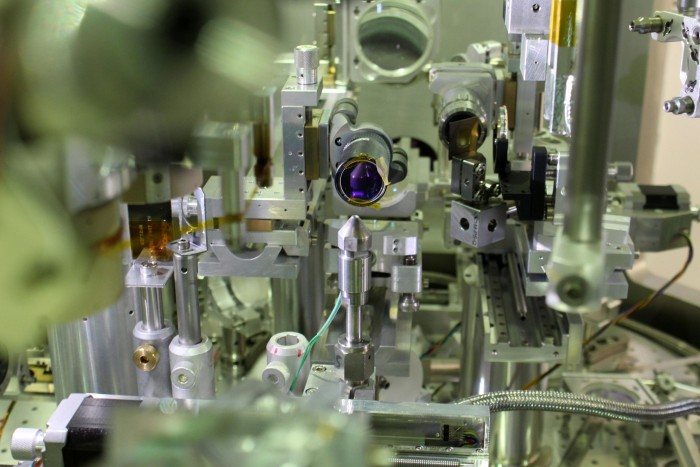Smart contracts represent a transformative leap in financial technology, offering a secure, automated method to execute and enforce legal agreements. As components of blockchain technology, they operate without intermediaries, reduce costs, and increase transaction speeds. This article delves into the role of smart contracts in finance, explores current trends, and forecasts future developments.

Understanding Smart Contracts
Smart contracts are self-executing contracts with the terms of the agreement directly written into lines of code. They automatically enforce and execute the terms based on predefined rules and triggers. Initially popularized by the Ethereum blockchain, smart contracts can now be found across various blockchain platforms, revolutionizing traditional financial operations by enhancing transparency, security, and efficiency.
Current Trends in Smart Contracts
Decentralized Finance (DeFi): One of the most significant trends in financial blockchain technology is the rise of decentralized finance. DeFi uses smart contracts to create protocols that replicate existing financial services in a more open, interoperable, and transparent way. These services include lending, borrowing, trading, and risk management, all without traditional financial intermediaries.

Tokenization of Assets: Smart contracts facilitate the tokenization of physical and digital assets—from real estate and art to stocks and bonds. This process involves converting rights to an asset into a digital token on a blockchain. The benefits include increased liquidity, reduced transaction times, and opening up asset classes to a broader range of investors.
Automated Compliance and KYC Procedures: Smart contracts are increasingly being used to automate compliance with regulatory requirements. In sectors like banking and insurance, they can streamline Know Your Customer (KYC) and Anti-Money Laundering (AML) procedures, reducing the likelihood of human error and enhancing compliance efficiency.
Future Predictions for Smart Contracts
Expansion into Mainstream Financial Services: As blockchain technology matures, expect smart contracts to become commonplace in mainstream finance. They will likely play critical roles in payment processing, settlements, and clearing operations, reducing dependency on manual processes and legacy systems.
Integration with Internet of Things (IoT): The integration of IoT with smart contracts could revolutionize asset management and insurance. Connected devices can automatically trigger contract executions based on data they collect. For instance, in crop insurance, data from IoT sensors can automatically trigger payments based on weather conditions, verified against the terms encoded in a smart contract.

Enhanced Security Features: While smart contracts offer robust security, they are not immune to vulnerabilities. Future enhancements will likely focus on improving cryptographic measures and developing more sophisticated security protocols to mitigate risks such as code exploits and hacking attempts.
Conclusion
Smart contracts are set to redefine the financial landscape by providing a more efficient, secure, and cost-effective way to manage financial transactions and agreements. As the technology behind smart contracts continues to evolve, their integration into various financial sectors will likely accelerate, promising a future where financial transactions are more transparent, rapid, and secure. This evolution will require ongoing collaboration between technologists, financial professionals, and regulators to realize the full potential of smart contracts in finance.





